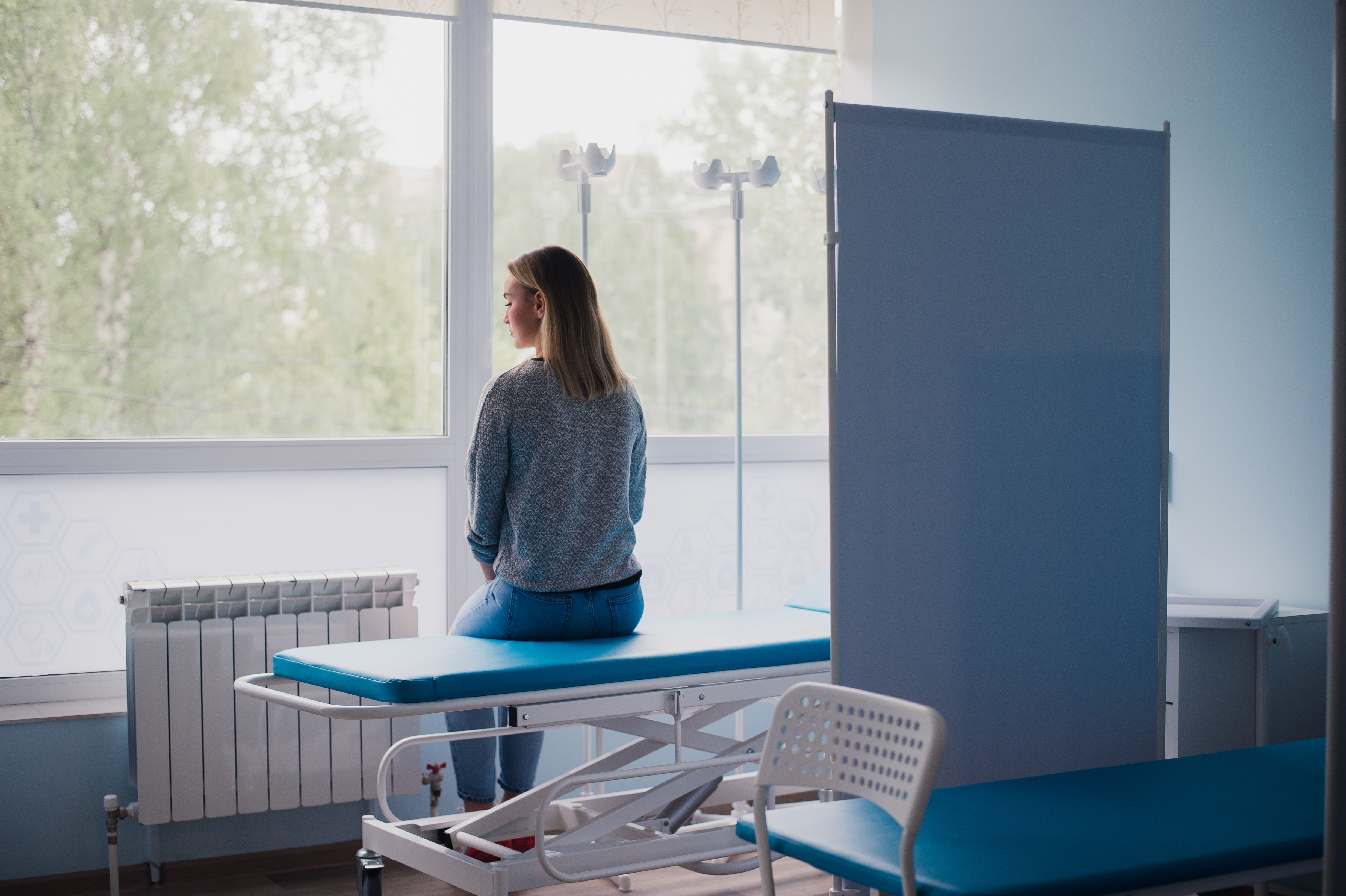
Living with depression presents a major challenge to daily life. Living with depression while dealing with infertility can be incredibly overwhelming. Luckily, treatment is available to help you handle issues of infertility and depression so that you can plan for your family in a healthy way.
According to the World Health Organization, 300 million people around the world are living with depression. Of that 300 million, 16.2 million adults in the United States have had a major depressive episode within the last year. Additionally, 1 in 8 couples have trouble conceiving or sustaining pregnancy.
Both infertility and depression used to be topics people were too ashamed to discuss. Now, people are more willing to discuss depression and infertility issues openly. The Gynecologic Surgery Institute can provide the information you need to help you stay healthy, mentally and physically, during fertility treatments.
For many couples, a diagnosis of infertility and the subsequent treatment can bring on chronic stress and may eventually lead to depression or increasing existing feelings of depression. Research has even shown that women experiencing infertility is comparable to the stress and emotional pain of women facing chronic pain, cancer, and HIV/AIDS.
Depression is more likely to surface in people facing infertility who have a history of depression or does not have a support system to help them through the stress of infertility treatment.
Depression is not the same as just being sad
Sadness and depression are not one in the same. Since we associate depression with persistent sadness, its primary symptom, many people do not know how to tell the difference. Too often, people do not seek help for depression because they think they are just sad.
Sadness is a natural emotion triggered by hurtful, disappointing, or other challenging events in our lives. When we have adjusted to the circumstances or gotten over the event, the disappointment, the sadness dissipates.
Depression, on the other hand, is abnormal sadness—a mental illness or mood disorder, that affects how we think, perceive, and behave. When someone is depressed, they are sad about everything. Most depressive episodes do not need an event to trigger sadness.
Psychology Today says to be diagnosed with depression, someone must have at least five of the following symptoms continuously:
- A depressed or irritable mood most of the time.
- A loss or decrease of pleasure or interest in most activities, including ones that had been interesting or pleasurable previously.
- Significant changes in weight or appetite.
- Disturbances in falling asleep or sleeping too much.
- Feeling slowed down in your movements or restless most days.
- Feeling tired, sluggish, and having low energy most days.
- Having feelings of worthless or excessive guilt most days.
- Experiencing problems with thinking, focus, concentration, creativity and the ability to make decisions most days.
- Having thoughts of dying or suicide.
While there is mixed evidence as to whether depression causes infertility, there may be links between depression and infertility due to hormonal imbalances and certain medications used to treat depression and/or other mood disorders. Visit your local IVF specialist in Chicago to help you understand how hormonal imbalances can affect fertility treatment.
One study found that male partners with active major depression and not using antidepressants were less likely to achieve conception. But with women with major depression, not using antidepressants, the likelihood of pregnancy increased slightly. Also, non-SSRI antidepressants were associated with increased risk of miscarriage in the first trimester.
If you begin to experience symptoms of depression during infertility treatments, talk to your fertility specialist in Chicago.
